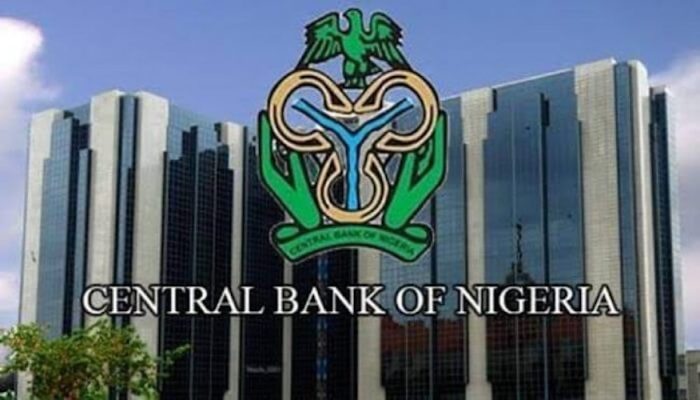The Central Bank of Nigeria (CBN) has introduced a new monetary directive requiring commercial banks to hold 75 percent of non-Treasury Single Account (non-TSA) public sector deposits as reserves.
The policy was announced after the 302nd meeting of the Monetary Policy Committee (MPC), where the CBN also reduced the benchmark interest rate by 50 basis points—from 27.5% to 27%. Governor Olayemi Cardoso said the move was driven by a recent drop in inflation, which fell to 20.12% in August 2025, down from 21.68% in July, according to the National Bureau of Statistics (NBS).
Why the 75% CRR?
According to the CBN, public sector funds held outside the TSA framework are a major source of liquidity surges in the banking system. By mandating banks to sterilize 75% of such deposits at the CBN:
-
Liquidity injections from fiscal operations will be contained.
-
Excess funds will not destabilize the financial system.
-
The interbank market will function more effectively, improving monetary policy transmission.
Non-TSA deposits typically come from government agencies, parastatals, and state-owned enterprises that keep funds with commercial banks instead of consolidating them into the TSA. Under the new rule, these deposits will now be largely inaccessible for lending or investment.
Expert View
Dr. Muda Yusuf, Executive Director of the Centre for the Promotion of Private Enterprise (CPPE), commended the policy as a prudent step to curb excess liquidity risks.
“The decision to impose a 75% CRR on non-TSA deposits is aimed at preventing fiscal-driven liquidity injections from destabilizing the system,” he said.
While he welcomed the interest rate cut as supportive of growth, Yusuf stressed that fiscal policy must complement monetary easing through:
-
Critical infrastructure investment
-
Stronger regulatory and institutional frameworks
-
Security improvements to boost investor confidence




